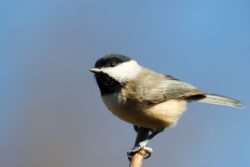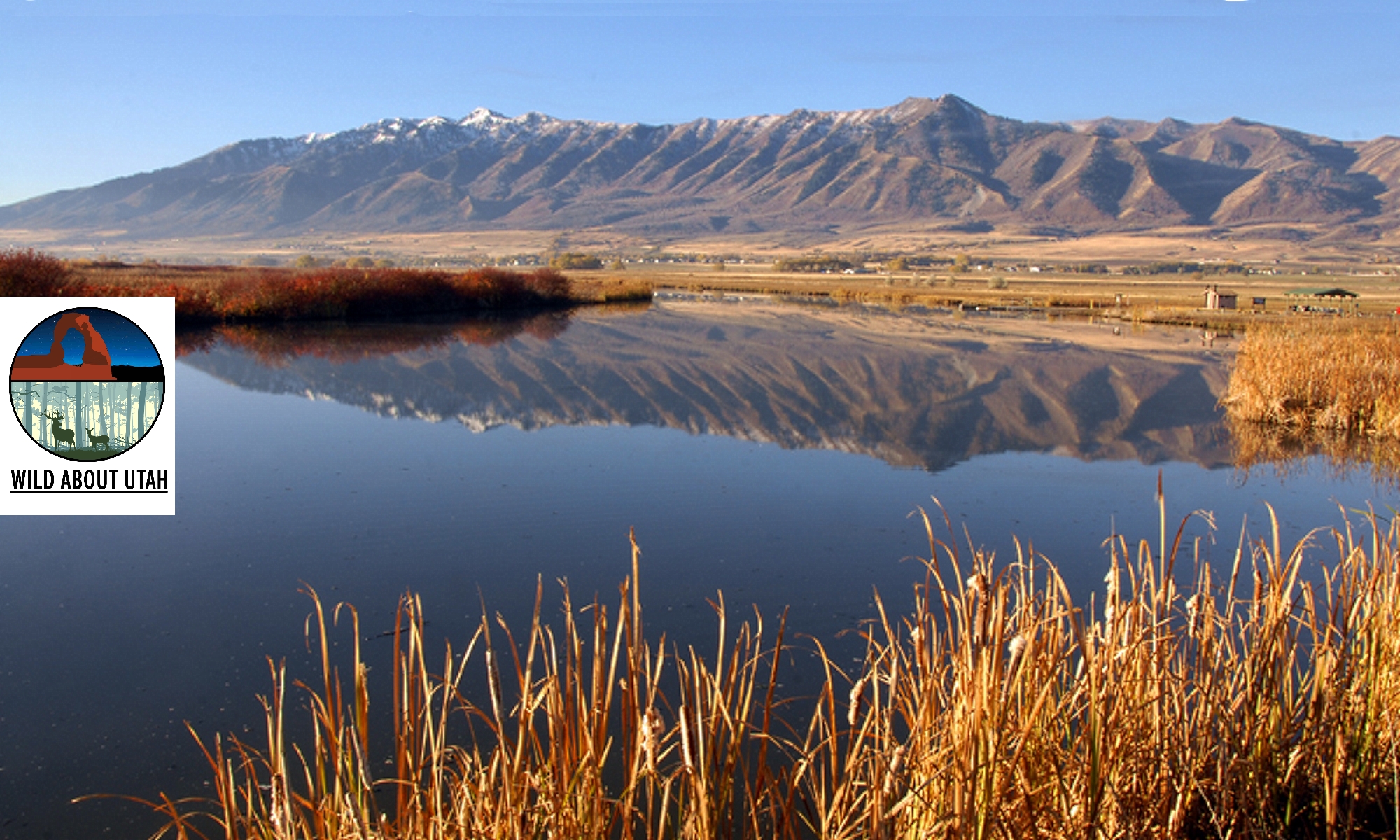
Courtesy edbo23, photographer and Pixabay
I consumed it. I learned the names and types of animals especially, from all over the world. My love was ceaseless, carefree, and itself consuming.
There were phases of course, too. First it was bats, then dinosaurs but back before they had feathers, then penguins, dogs, spider monkeys, and sharks. With each new kind of animal I learned about, I was drawn in closer by what makes them special and sets them apart. I could imagine myself as any one of a million kinds of critter. I could play as if I were one, hunt or forage like one, build a den or nest like one. I was what I imagined myself to be and I loved it. My world was infinite.
Those days though are decades behind. For a long while now, I’ve thought about what happened to that child; what happened to that infinite world? Years of schooling and structure had pushed my attention into books, screens, and facts. The world did not leave me, I neglected that infinite world, and so it too became schooled and structured and sterile.
This realization of what had happened first hit me when I began student teaching kindergarten a few years ago. One day at recess a child asked me to play with them. I realized then that I couldn’t remember how to play and imagine and see the world as infinite still. I awoke from the dream of education and discovered that I had not learned but books, screens, and facts.
Since then, it’s been hard to relearn how to play and imagine. This relearning casts a shadow of struggle over you, especially as a teacher. It can drive you to try and find what obscures and what shines.
My search for reprieve from a knowable world has taken me all over this country: from coast to coast, and from northern desert to southern swamp. Just the other day though I finally found a true breadcrumb back to the infinite world: a black-capped chickadee.
Sitting in my springtime backyard, one came to my only, lone bird feeder that I got at the grocery store. As it sized up the plastic tube full of food, I began to do something that I hadn’t done for a very long while: I just watched it. It was not like how I watch ducks or deer or loose neighborhood turkeys, as food if only it came in range or the city ordinances were a bit more forgiving, but instead I watched it just to see what it did and who it was.
The small songbird flew from its perch and simply rummaged through my discount bird feed until it found a black sunflower seed and flew back to a higher branch. It worked the shell off the seed with diligence, determination, and intelligence. No schooling required. After eating the morsel within, it flew back for another and ate that one in the same wild manner. It then called out, perhaps to pay the good fortune forward, and flew off without giving the feeder another glance. The momentary abandonment of gluttony is the privilege of spring.
It felt strange to just watch a bird for a few minutes. It felt foreign. My mind kept asking me why I was watching such an unassuming creature and for why. There were books that need reading, screens that need seeing, and facts that need knowing. In the end though, it felt good to stick it to what organized my wild instincts and to just watch the chickadee like a true human being again.
I could in that moment imagine that I was that chickadee: wild, rebellious, and free. Never before had I thought of myself as a chickadee though, truth be told. If any bird, I would have before liked to be a Canada jay, or a raven, or a Swainson’s thrush. But after seeing that chickadee, and thinking on it, the chickadee seems the best of me now and the best of who I want to be. It can be humble, measured, and cooperative, or proud, excitable, and driven, depending on the needs of the season. It’s easily seen, easily unnoticed, and easily pleased.
Importantly, though it reminds me of that child with the infinite world. It reminds me why I loved nature. It gives me hope that I can again.
I’m Patrick Kelly and I’m Wild About Utah.
Credits:
Images: Courtesy and Copyright Stephen Peterson, Photographer
Audio: Contains audio Courtesy & Copyright Kevin Colver
Text: Patrick Kelly, Director of Education, Stokes Nature Center, https://logannature.org
Included Links: Lyle Bingham, Webmaster, WildAboutUtah.org
Additional Reading
Kelly, Patrick, The Canyon, Wild About Utah, Jan 28, 2019, https://wildaboututah.org/the-canyon/
